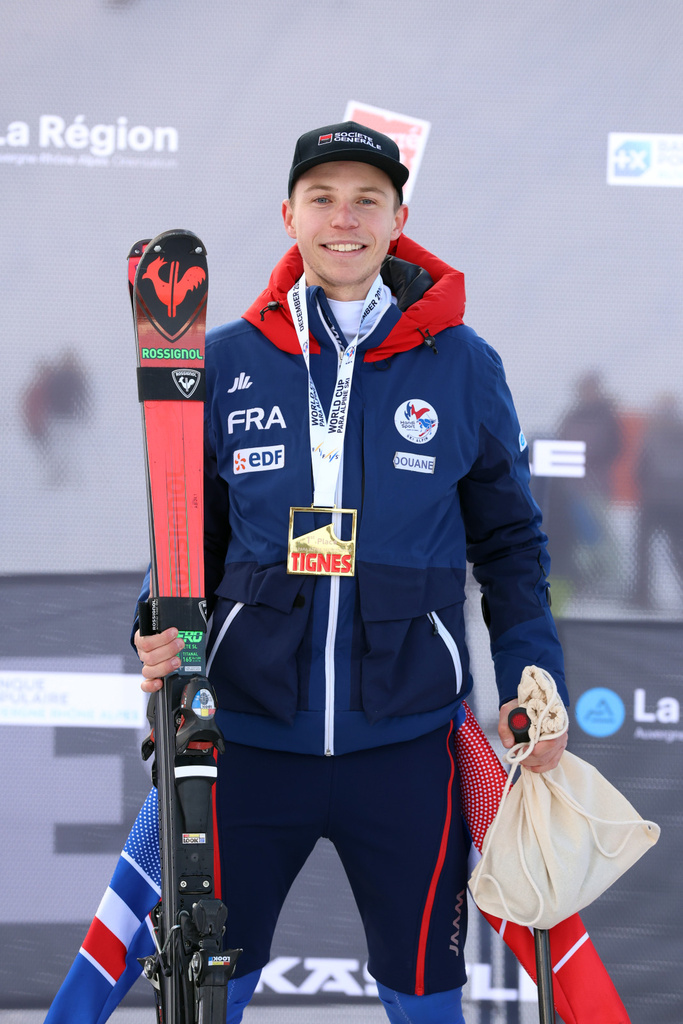How are athletes judged at events?

During the various sporting events organised in the resort of Tignes, it is always necessary to decide between the competitors. To do this, judges are called upon to give a verdict, to distribute the points and scores which will then allow a ranking to be established and thus to designate the winner of the event. How are the athletes judged? Who are the judges in charge of this shadowy mission that is so crucial to any sporting event? Focus on this job like no other with William Cochet, judge this season on the French Freeride Series event.
Meeting with William Cochet
What’s your background?
I myself competed for around ten years, before taking on the role of rider spokesperson. I’ve always wanted to help my sport evolve, so it was natural for me to pursue my career in judging.
Is it necessary to have competed to judge a freeride competition?
No, it’s not an obligation. But it’s obviously easier to understand and use the judging criteria when you’re a practitioner yourself. We do it automatically.
In your opinion, what human and technical qualities are essential to becoming a freeride judge?
Impartiality is certainly the most important quality when judging a competition… but it’s experience that enables you to spot the bonus and malus points when observing a run! We also need to be pedagogical in explaining our choices after the race, while listening to riders’ feedback in the event of disagreement or misunderstanding.
How much objectivity and how much subjectivity are involved in scoring a run?
The majority of our work is based on objectivity, the “mathematical” side of our profession. Throughout the rider’s run, we add and subtract points according to a very precise table of bonuses and malus that we apply. Subjectivity comes later, when we have to arbitrate between runs that are close to each other. We then rely on our instinct, our general impression.
What do you enjoy most about judging a competition?
Sports! I’m a sports enthusiast first and foremost.
On the contrary, what do you find most difficult?
The cold… It can sometimes take a long time when you’re cold.
What advice would you give to someone about to enter their first freeride competition? Training, mental preparation, state of mind…
First of all, you’ve got to ride with your mates and have fun… Then it’s time for a 1st start, to feel the pressure of a competition!
What makes you want to compete?
I think everyone finds what they’re looking for. For me, it’s always been about pushing yourself mentally. When you start a competition, you have to control your nerves… You quickly lose your nerve once you’re in the starting arch! But when you find the right formula and feel good about your run, the feeling once you’ve crossed the finish line is second to none!
Do you have any tips for novice spectators on how to understand and enjoy the competition?
I don’t think there’s much for spectators to understand, you just have to watch the competition like you would a ski movie… but live. Most of the time, the winner is simply the one who made the most impressive run.
Do you have an anecdote to share about a past competition?
Last year’s Nendaz Freeride, when we judged Victor Lourdel to be the best without doing tricks. What he did that day was simply stratospheric in terms of jump size and control. But we knew that not everyone would understand, because other riders had done a lot of tricks… and there was no shortage of them!